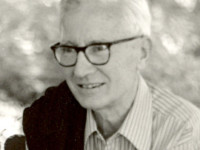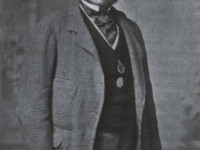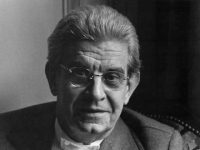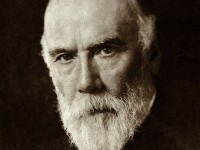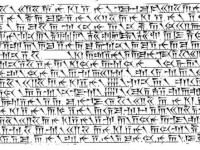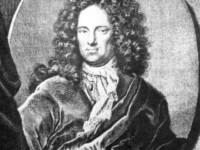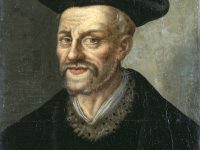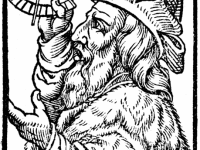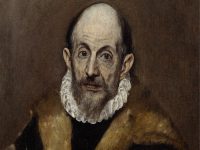Nikolaas Tinbergen and the Study of the Instinct
On April 15, 1907, Dutch biologist, ornithologist, and Nobel Laureate Nikolaas Tinbergen was born. He studied the behavior of animals in their natural habitats and shared (with Konrad Lorenz and Karl von Frisch) the Nobel Prize for Physiology or Medicine in 1973 for their discoveries concerning “organization and elicitation of individual and social behavior patterns.” Nikolaas Tinbergen – Early Years Nikolaas Tinbergen was born in The Hague, Netherlands, as the third of…
Read more











